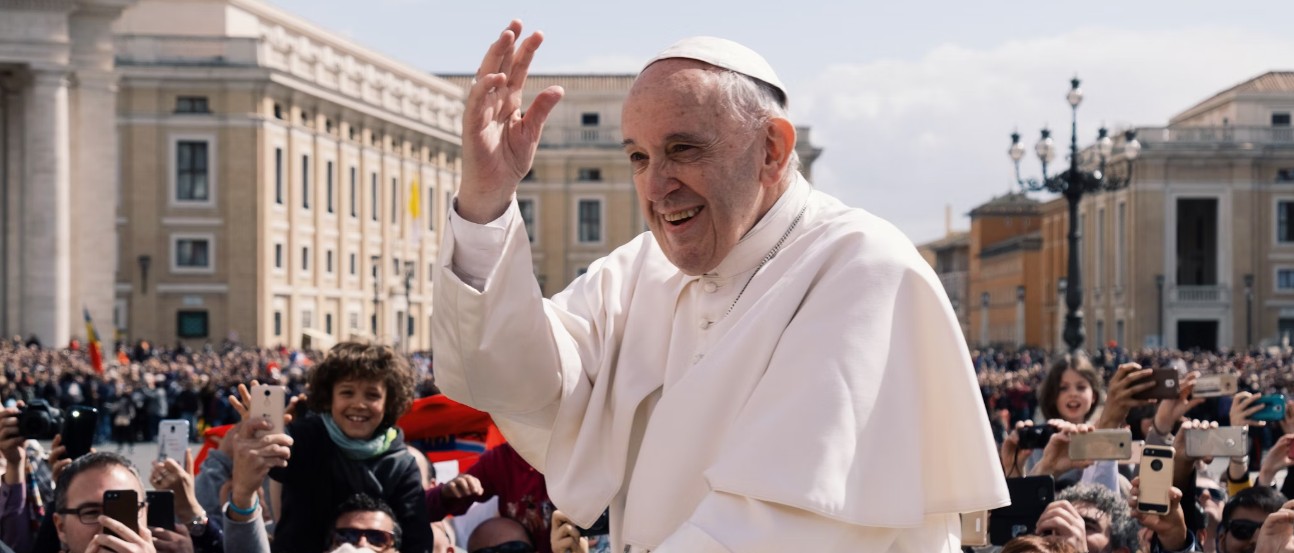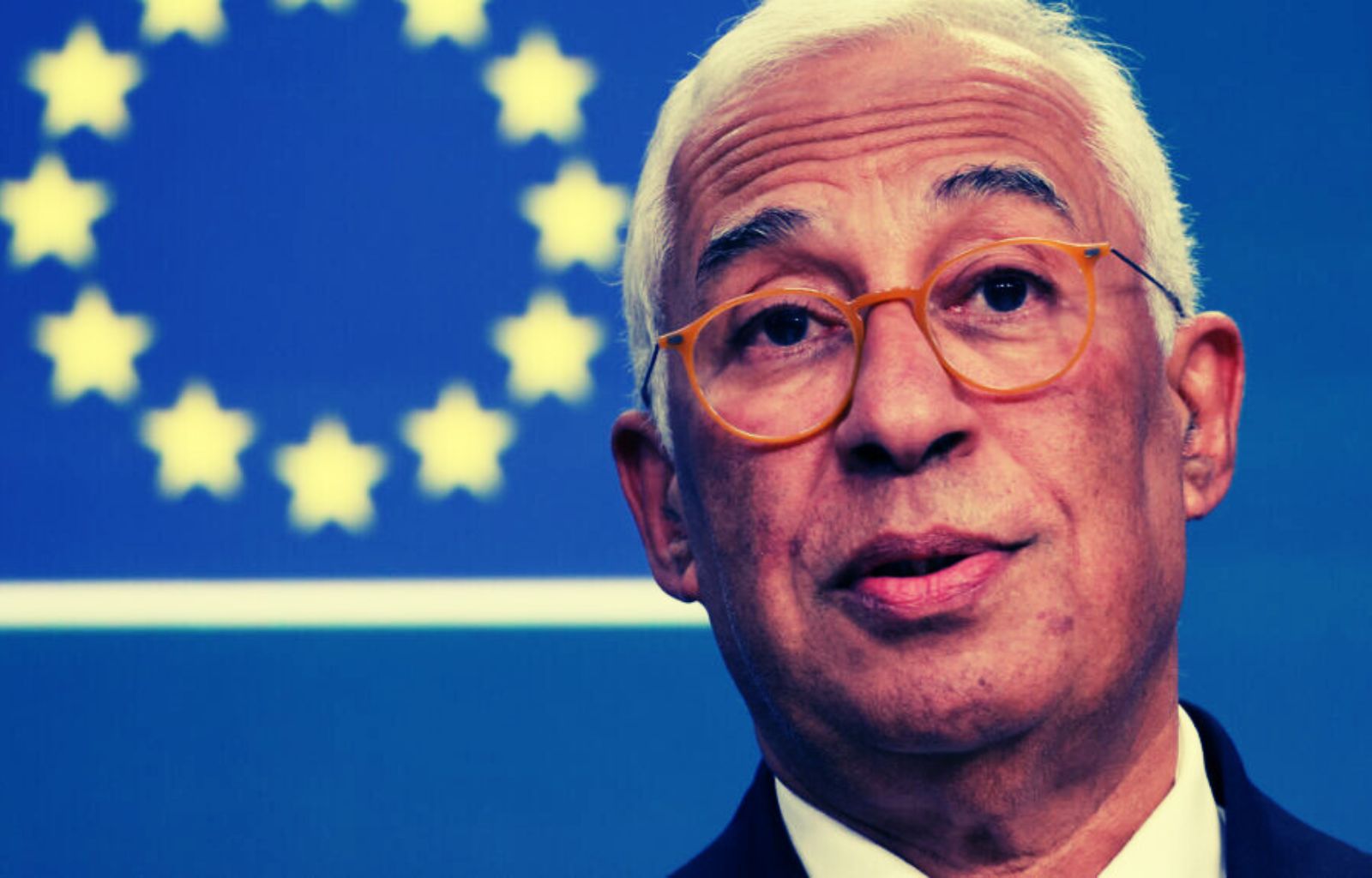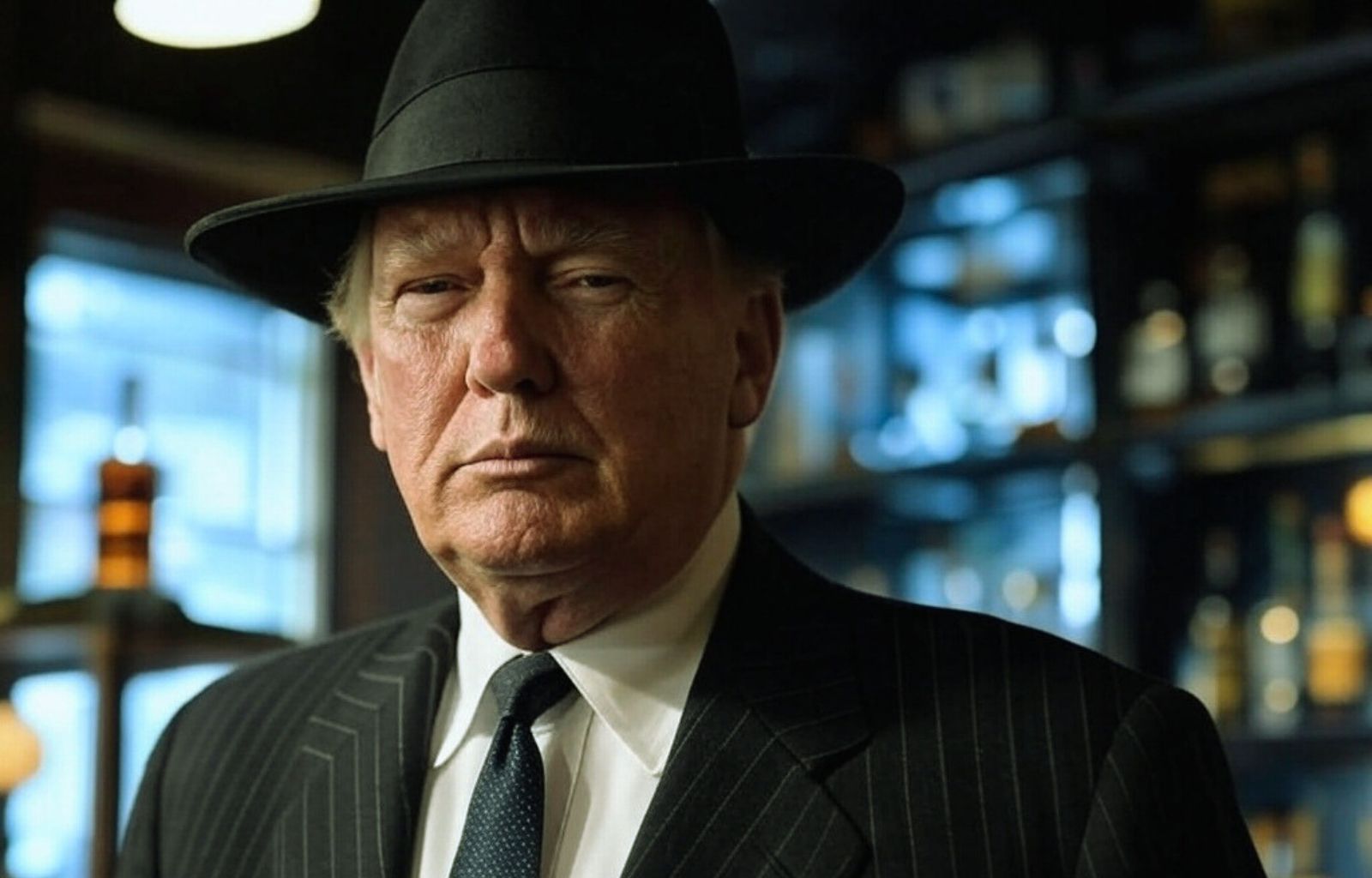Trump and cryptocurrencies: between innovation, contradictions and opportunities

Donald Trump’s second term as president of the United States begins with a series of decisions destined to leave their mark on the cryptocurrency industry. In addition to the controversial launch of the $Trump memecoin, the president has signed a series of executive orders that aim to regulate the cryptocurrency industry and cement the US’s role as a global leader. These include the creation of a working group on cryptocurrencies and a symbolic but meaningful gesture: the pardon granted to Ross Ulbricht, the controversial founder of the illegal e-commerce site Silk Road.
The pardon of Ross Ulbricht: a symbolic move for the Bitcoin community
Among Trump’s first actions upon taking office, the presidential pardon of Ross Ulbricht drew mixed reactions. Ulbricht, a controversial but respected figure in the Bitcoin community, is known for founding Silk Road, the first global marketplace based on Bitcoin-only transactions. The site, which operated between 2011 and 2013, played a crucial role in the spread and adoption of cryptocurrencies, but was also at the centre of illegal activities such as drug trafficking.
- For the Bitcoin community, Ulbricht represents a pioneer, having demonstrated the potential of Bitcoin as a global transaction tool.
- For critics, his pardon is a worrying sign that could be interpreted as an amnesty towards the misuse of cryptocurrencies.
This gesture seems to align with Trump’s goal of strengthening the US position in the cryptocurrency sector, but raises questions about the message being sent in terms of legality and transparency.
A working group to regulate cryptocurrencies
The signing of the executive order to create a working group on cryptocurrencies is another pillar of Trump’s strategy. With Hester Peirce at its head, the group will be tasked with:
- Define a clear regulatory framework for digital assets and stablecoins, reducing the regulatory uncertainty that has hampered innovation in recent years.
- Consider creating a national strategic reserve in Bitcoin, alongside gold and oil, to consolidate the role of cryptocurrencies in the US economy.
- Promoting investor confidence by preventing market abuses such as pump and dump schemes.
This initiative, if realised, could turn the US into a role model for other countries and consolidate its leadership in the industry.

$Trump and speculative risk
The launch of the $Trump memecoin, however, remains a moot point. Despite its regulatory ambition, this memecoin, developed on Solana‘s blockchain, has generated an unprecedented wave of speculation. With 41,500% growth in just 24 hours and a market capitalisation of $15 billion, $Trump highlights the risks of the inherently unregulated market and raises questions about the integrity of the initiative.
Moreover, the fact that80 per cent of the tokens are held by entities linked to the Trump Organisation and Cic Digital represents a potential conflict of interest, fuelling concerns about possible speculation operations that could undermine investor confidence.
Contradictions between Bitcoin and national reserve
The proposal to create a national strategic reserve in Bitcoin entails an inherent contradiction. Bitcoin was conceived as a decentralised currency, immune from state control and central banks. Integrating Bitcoin into national reserves alters its founding principle, raising doubts among supporters and critics.
Between opportunities and shadows
Trump’s second term opens with a series of moves that highlight both regulatory ambitions and profound contradictions. The pardon of Ross Ulbricht and the launch of $Trump seem to mark a paradigm shift.
But the question remains: are these moves a step forward for the cryptocurrency industry or a missed opportunity to promote transparency and innovation?












